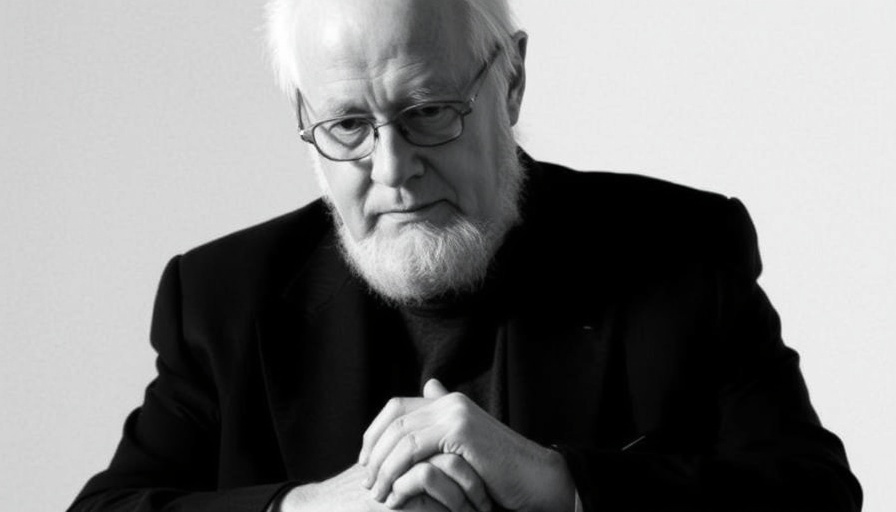
The Resounding Impact of Tracy Chapman
When Tracy Chapman took the stage at the Free Nelson Mandela Concert in June 1988, she was nondescript in the eyes of the massive audience. With a guitar slung across her shoulder, she stood alone, her simple attire starkly contrasting the glitz around her. Yet, by the end of her performance, she managed to forge an indelible connection with millions. Her captivating song, "Fast Car," rang out with a raw honesty that spoke volumes, resonating deeply with listeners—especially those who, like Zadie Smith, recognized their own experiences mirrored in her lyrics.
Defying Expectations in a Spectacular Era
Chapman’s debut was a breath of fresh air amid a musical landscape dominated by extravagant theatrics. In an era that celebrated high-energy performances, Chapman offered something raw, nuanced, and remarkably personal. Her music addressed complex themes—social justice, personal struggles, and the quest for freedom—that were crucial to modern listeners. As the crowd at Wembley fell silent, it dawned on them that this was not just a performance but a revolution of sorts; she was giving voice to the voiceless and bringing their stories to the forefront. Smith's recollection of that performance encapsulates the feelings of countless others who saw her that day.
A Voice of the People
Tracy Chapman's artistry does not simply exist within the confines of musicality; it lives and breathes with profound social relevance. The backdrop of South Africa’s struggle for liberation was not lost on her audience, nor was the poignancy of her message as she sang about societal challenges. Smith’s reflection illuminates how Chapman represented a new narrative; one in which her identity was reflected back at her audience. No longer was the narrative of struggle articulated only through a specific lens; instead, songs of everyday people became the staples of the cultural landscape. Chapman's songs resonated across myriad cultures, emphasizing shared experiences irrespective of geographical barriers.
From Local to Global: The Ripple Effect of Music
Music has always served as a bridge, transcending borders and cultures. Styles may evolve, but the foundation remains unchanged: music is a persistent narrative that weaves through the tapestry of society. Chapman's influence has been felt far beyond that day in June 1988. Her unique blend of soul and storytelling has inspired a generation of artists who continue to challenge societal norms. For digital nomads engaged in cultures around the globe, her work can be a compass, guiding them through diverse landscapes while grounding their experiences in shared humanity.
Champions of Change: The Role of Artists
Artists like Tracy Chapman wield the power to inspire hope and instigate change. They become champions of the oppressed, using their platforms to amplify voices that often go unheard. As we navigate our present climate, both socially and environmentally, it’s crucial to recognize how these artistic expressions fuel action and spark awareness. Zadie Smith’s admiration for Chapman is not just a reflection of nostalgia but an acknowledgment of how art can catalyze change—an idea that is particularly resonant with today’s eco-conscious generation. As digital nomads, we should consider how our journeys can embody these principles of change and positivity, much like Chapman’s music.
Why This Connection Matters
By connecting deeply with our artists and recognizing their contributions, we honor their messages—and, in return, are motivated to be active participants in our shared stories. As we drift from one culture to another, the belief that our stories possess significance allows us to convey empathy and authenticity in our experiences, channeling the legacy left by artists like Chapman. We must not only absorb their messages of resilience but also foster our own.
 Add Row
Add Row  Add
Add 




Write A Comment